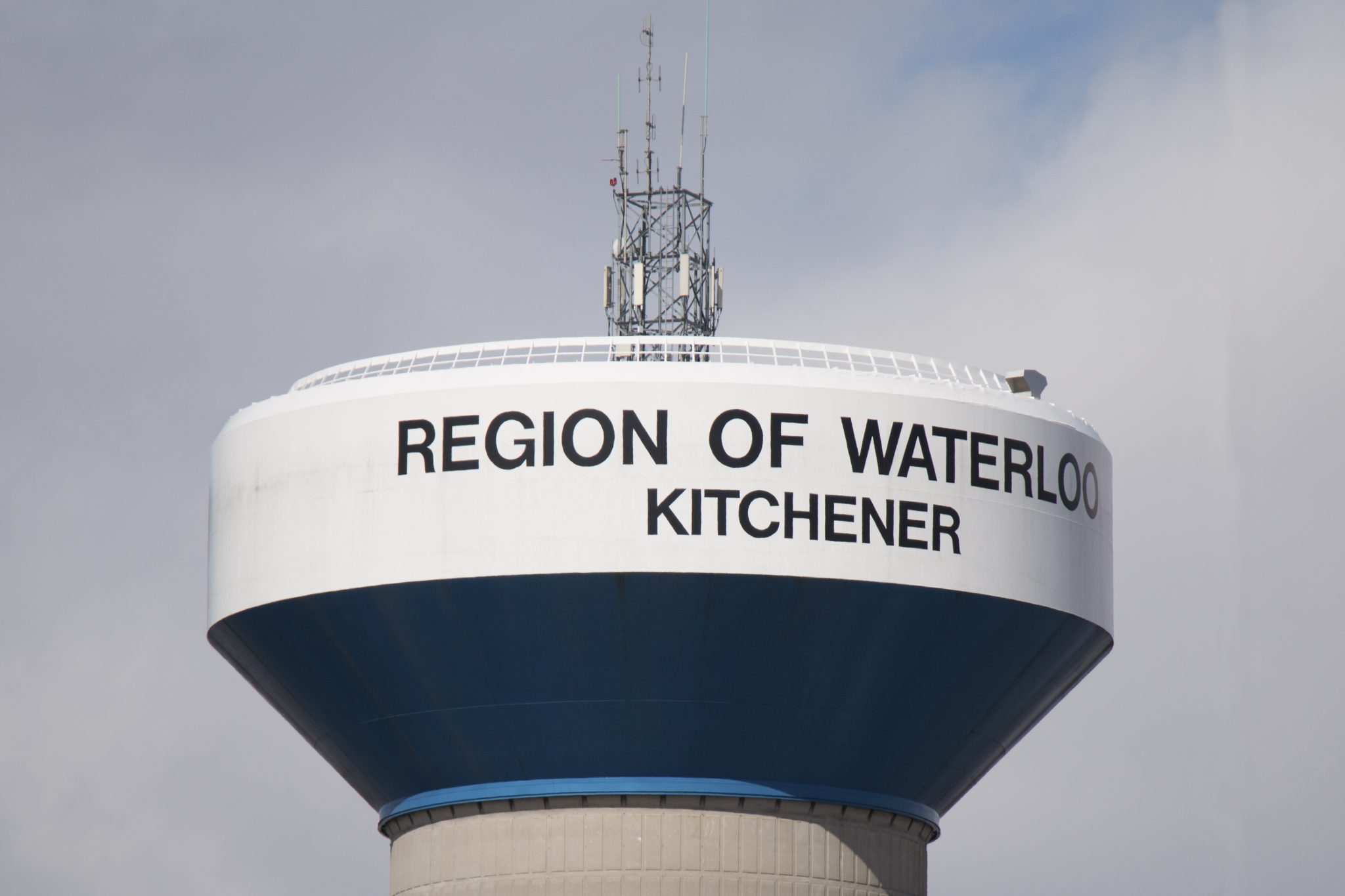Waterloo Region moves forward with safe injection sites


As the opioid epidemic prevails, there is talk of progress among Waterloo regional councillors. The community services committee of Waterloo Region, responsible for reviewing and reporting on public health, emergency and community services, agreed to move forward with implementing safe injection sites earlier this month.
Proposals have been made regarding the future locations of sites; however, these currently remain undetermined due to a necessary consultation process that is currently underway.
In Kitchener, there two proposed sites, one at 115 Water Street North and another to be determined. In Cambridge there will be two locations as well, 150 Main Street and 149 Ainslie Street North.
Consulting residents and business owners within a 250-metre radius of said locations may pose obstacles for the implementation of these sites. What creates the most immediate concern is that both 115 Water Street North and 150 Main Street are within a 5-minute walk to public schools.
Cindy Watson, Waterloo Region District School Board Trustee, discussed her opinion of the current site proposals as a resident of Cambridge.
“Before the recommendations came forward, they wanted the people in charge to give critical consideration in the location of schools,” Watson said.
“They had made it clear that that was a really big concern.”
Watson, among others who are in opposition of these initial location proposals, believe that the region should be taking a different approach.
“I particularly feel that [safe injection sites] should go within a hospital setting,” Watson said. “You’re consolidating services; you don’t have to send ambulances out, there are doctors there, you could have recovery treatment [available], and other programs that coordinate with safe injection sites,”
In regards to Cambridge specifically, Watson spoke to her knowledge of the area when reinforcing the value of placing a safe injection site within Cambridge Memorial Hospital.
“It’s central to our different cores. We have Preston, Hespeler and Galt, and the hospital is almost central. It’s right in the hub. It’s a 10 to 15-minute walk from one of our shelters,” Watson said.
Further concerns arise from the community services committee about the uncertainty of funding for these sites. Premier-designate Doug Ford had made it clear during the first electoral debate back in May that he will not be supporting the implementation of safe injection sites in Ontario.
When implementing these resources for the first time within a region, some will argue that the Waterloo Region should model after other systems in Ontario that have shown to be successful.
Watson mentioned that by doing her own research, she has concluded that Waterloo Region’s prospective model is “broken,” and places like Hamilton have demonstrated success in the implementation of safe injection sites.
Hamilton is now temporarily operating a supervised injection site within a designated health care facility; Hamilton Urban Core Community Health Centre.
By placing Cambridge’s safe injection site within Cambridge Memorial Hospital, it creates greater distance from the nearest school. The case would be the same for Grand River Hospital as well, as the site would be more accessible to both Waterloo and Kitchener residents.
Further concerns arise from the community services committee about the uncertainty of funding for these sites. Premier-designate Doug Ford had made it clear during the first electoral debate back in May that he will not be supporting the implementation of safe injection sites in Ontario.
“I believe, I strongly believe, that we should have rehabilitation programs,” stated Ford during the debate.
His position is rooted in keeping neighbourhoods clean and safe, and eliminating the need for designated drug-use spaces that create the potential for infrastructural harm. This raises questions about who will be willing to pay for them once funding is cut.

